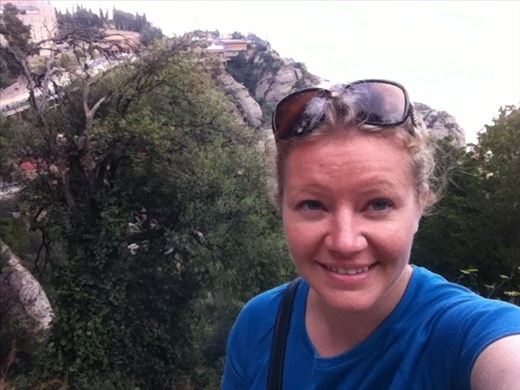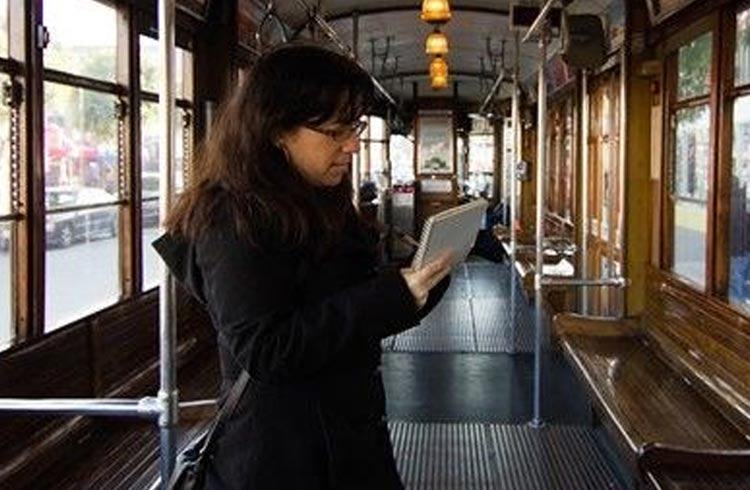Rachel on assignment in Europe
As a winner of our 2014 Travel Writing Scholarship, Rachel traveled to Europe to write about its history, festivals and individual cultures.
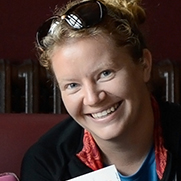
Winner Writing Scholarship 2014
Rachel's assignment was to write about her adventures and local encounters on her Eurotrip.
Marionettes: A Prague Nightlife Alternative
As I sat on an aged wooden seat amidst a crowd of tourists and families with children in a quaint auditorium, I wasn’t sure what to expect. The shrill buzz of a horn hushed the room and the curtain rose. Not keen on the typical nightlife activities offered for young people my age, I sought out an alternative to the many pub crawls, beer tastings, and club parties in Prague. A fan of theatre and performing arts, I came across a marionette opera performance and knew I had found my cup of tea. Over the course of two hours the “actors” ran into the set, a player went on public strike, and the conductor threw water at us in drunken fits (and I was lucky enough to be directly in the line of fire). Beginning to end, my experience at the National Marionette Theater was enthralling and showed me just how much a show can accomplish through the use of wooden puppets. Whether you speak Czech or Italian, Korean or English, it is live performance shows such as these that prove communication does not always mean speaking the same language.
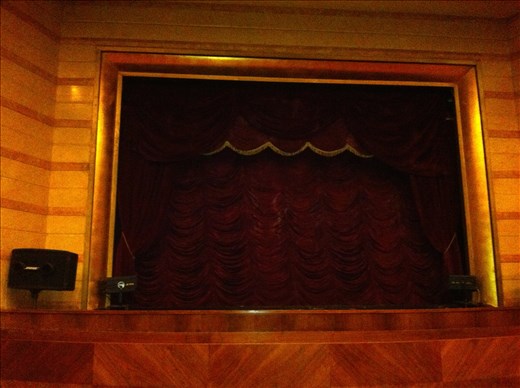
Hello, Bilbao!
We pulled into Abando station, and I stepped gingerly off of the train, as if my presence would somehow shatter the illusion of calm around me. Making my way down to the metro, I was shocked to see the station packed with people bustling to and fro, chattering away. Most wore patterned blue bandanas around their necks bearing the words “Aste Nagusia,” and several had on what I guessed were parts of traditional Basque clothing. I had arrived.
Bilbao had deceived me. By all appearances it was a sleepy town, with paint-chipped houses and empty cafes. I could have easily passed it by, written it off as just another town along the line. The vibrance and life of the city ran undetected, just under the surface of perception.
As I waded my way through hoards of locals clapping and dancing, I couldn’t help but join in the celebration. “Welcome to Aste Nagusia!” cheered a neighbor, recognizing my foreign accent. The animation and exuberance of the people was intoxicating, and I was soon overwhelmed with joy.
The clink of glasses raised in a toast. The scent of beer and grease and rain. The cheers of the revelers. Hello, Bilbao.
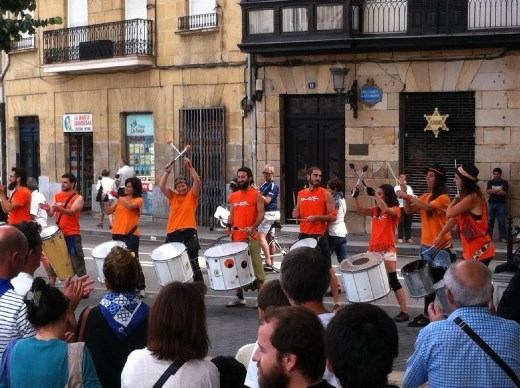
Poland: Pain Fuels Life
As we boarded the bus for Krakow, I took a last longing glance over my shoulder at the town that held my heart captive in its unassuming elegance. The gnawing in the pit of my stomach for the next 7 hours was not one of hunger. Sometimes feeling a burning desire to stay, to keep going, to eventually return is what spurs us on to further travel in a city, a country, the world as a whole. The pain of departing often serves as an indicator of growth, connection and change, which is why we all travel in the first place: to become something different and better than what we are. Embrace the pain. Let it become the motivation behind your adventures.
